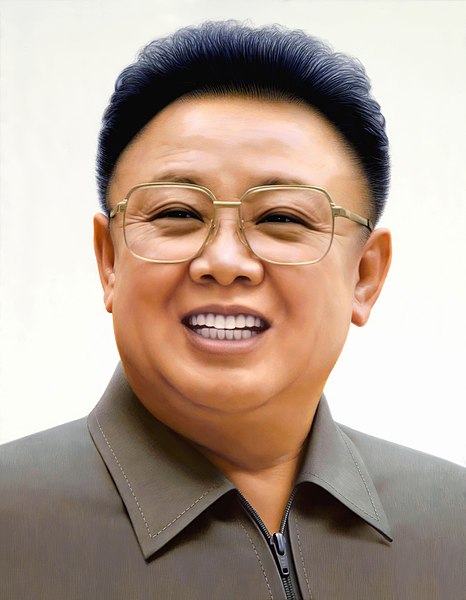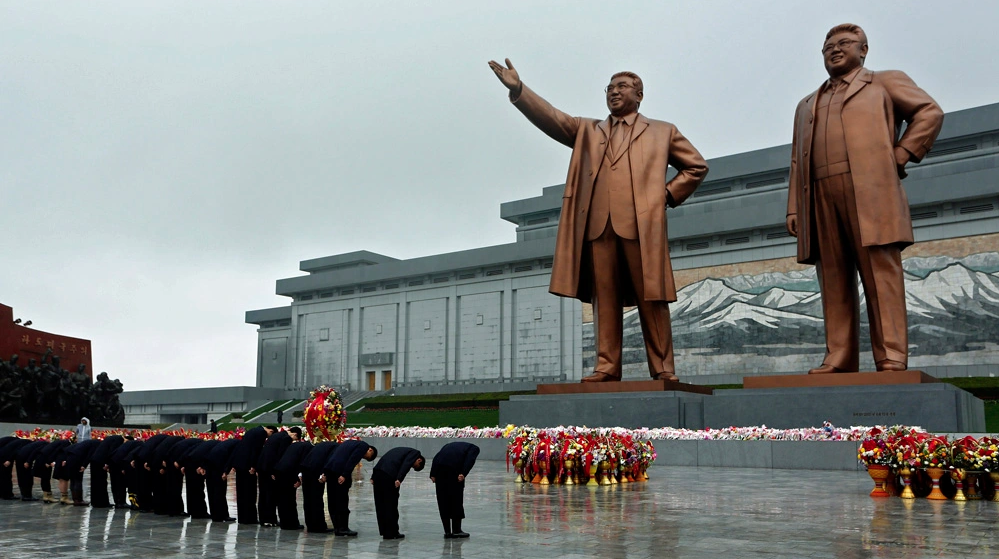

armoured vehicles and air superiority are the next most significant in modern war, and infantry comes a distant third.
That’s not entirely true. To actually hold an area, you need infantry, hence why all warfare ultimately comes down to a ground assault. Bombing campaigns kill (murder) civilians and destroy infrastructure, but it’s harder to take out soldiers that way: since by the time your planes get there, most of the men and equipment will be dispersed and spread out. World War II proved this, and the lesson has been reiterated many times, notably in Korea and in Yugoslavia.
From what I understand, the idea of bombers and missiles coming out en masse and wiping out the enemy is largely a creation of Hollywood. In actual military tactics, air power is considered a “force multiplier,” i.e., it enables you to attack or defend as if with more men. Armor is also not nearly as invincible as often assumed. Its tracks are its weak point, and once immobilized it becomes very vulnerable – basically a standing artillerypiece. It is for this reason not very useful in urban fighting.


Yes, I can see that too. The AI in that scenario would be kind of like the motions we perform “automatically” once we’ve learned some skill like playing the piano – while the conscious mind is focused on other things like “what interpretation do I want to give this passage,” etc.